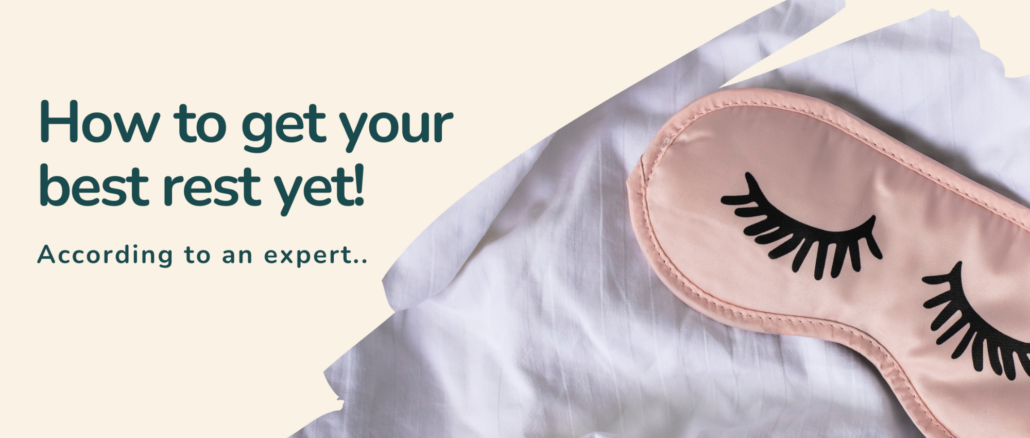
Do you get enough sleep?
More than half of Aussies don’t think they do and as a nation we’re spending a whopping $66.3 billion per year on health and overheads because of sleep distress. In light of World Sleep Day (March 18th), Doctor Guanchen Sun – Research and Development Director of Biogency explains why quality sleep is so important and the impacts associated with not getting enough sleep have on both our body and lifestyle.

What’s keeping you up at night?
With 58% of Aussies having difficulty falling asleep, there are a range of things that keep us up at night: kids, stress, anxiety, work, health, caffeine and trauma all have influencer over how well we sleep and how much. Over three in four (78%) people perform better when they manage to achieve their “ideal” amount of sleep with those under 25 most likely to get 9-10 hours of sleep; 40% of parents with young children function on 5-6 hours of sleep and 59% of us wake up in a different position than we started in.
What can you do to improve?
Like many health problems in life, a regular exercise plan and balanced diet helps to navigate the body to perform its best. However, when it comes to our sleep there are a few ways we can combat restless nights in return for our dreamiest state.
- Avoid heavy foods, alcohol and caffeine before bed
- Working out/being physically active can make us fall asleep faster
- Limit naps through out the day and no screentime an hour before bed
- Introduce a supplement into your daily routine that contains a strong amount of NAD+
What is NAD+ and why?
NAD+ is a coenzyme (a type of molecule), which is found in all living cells and plays a critical role in energy production and cellular repair and defence functions. NAD+ is an important factor in maintaining high energy levels where the body naturally metabolises NAD+ precursors into NAD+. However, as we age these levels decrease and ultimately lead to subsequently reduced energy levels impairing sleep, mood, brain fog, muscle mass and exercise recovery time. Our NAD+ levels and the tryptophan in our diet determine the serotonin levels in our body where serotonin is a hormone that regulates our circadian rhythm (AKA the biological clock). Serotonin keeps us awake in the daytime and turns into melatonin at night to assist us in sleeping, and individuals taking NAD+ supplements may find themselves going to bed earlier, quicker and calmer.
Improved sleep, better overall mood and quality of life, and decreased muscle soreness and muscle cramps after intense exercise are all positive benefits from taking and maintaining high levels of NAD+ in our body. The combination of NAD+ and high doses of active ingredients found in supplements like Synext, show synergy for health including reductions in pain and fatigue which ultimately lead to a better night’s rest.
SheSociety is a site for the women of Australia to share our stories, our experiences, shared learnings and opportunities to connect.

Leave a Reply